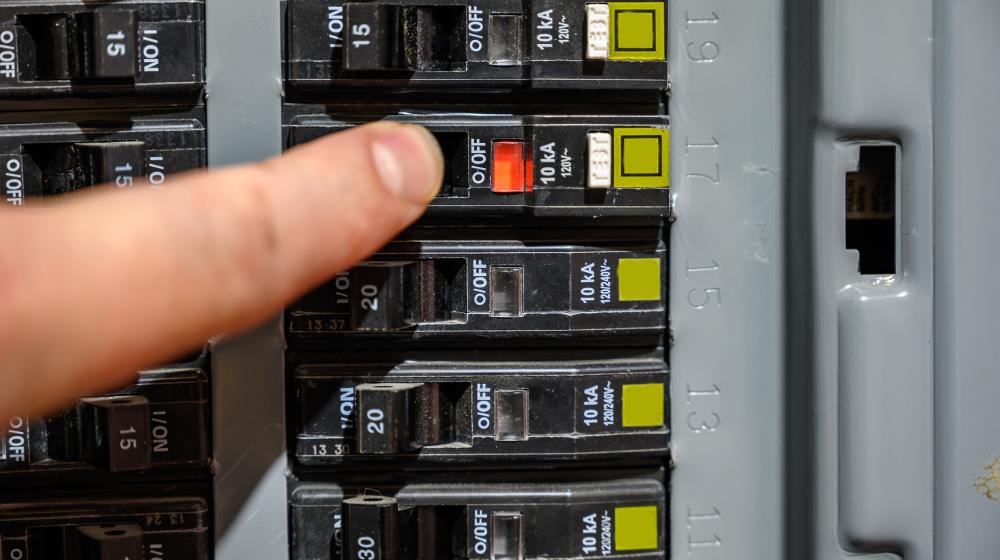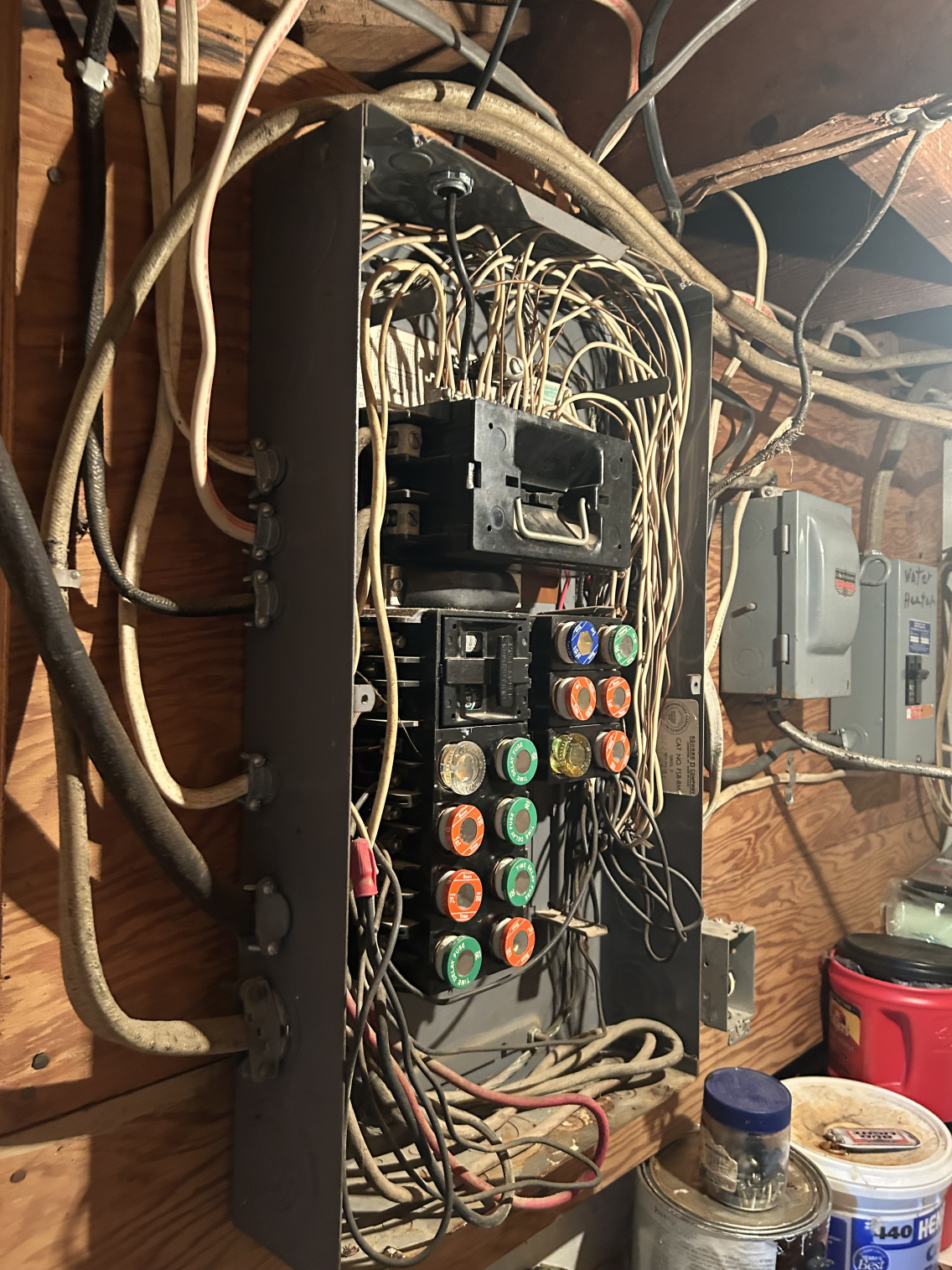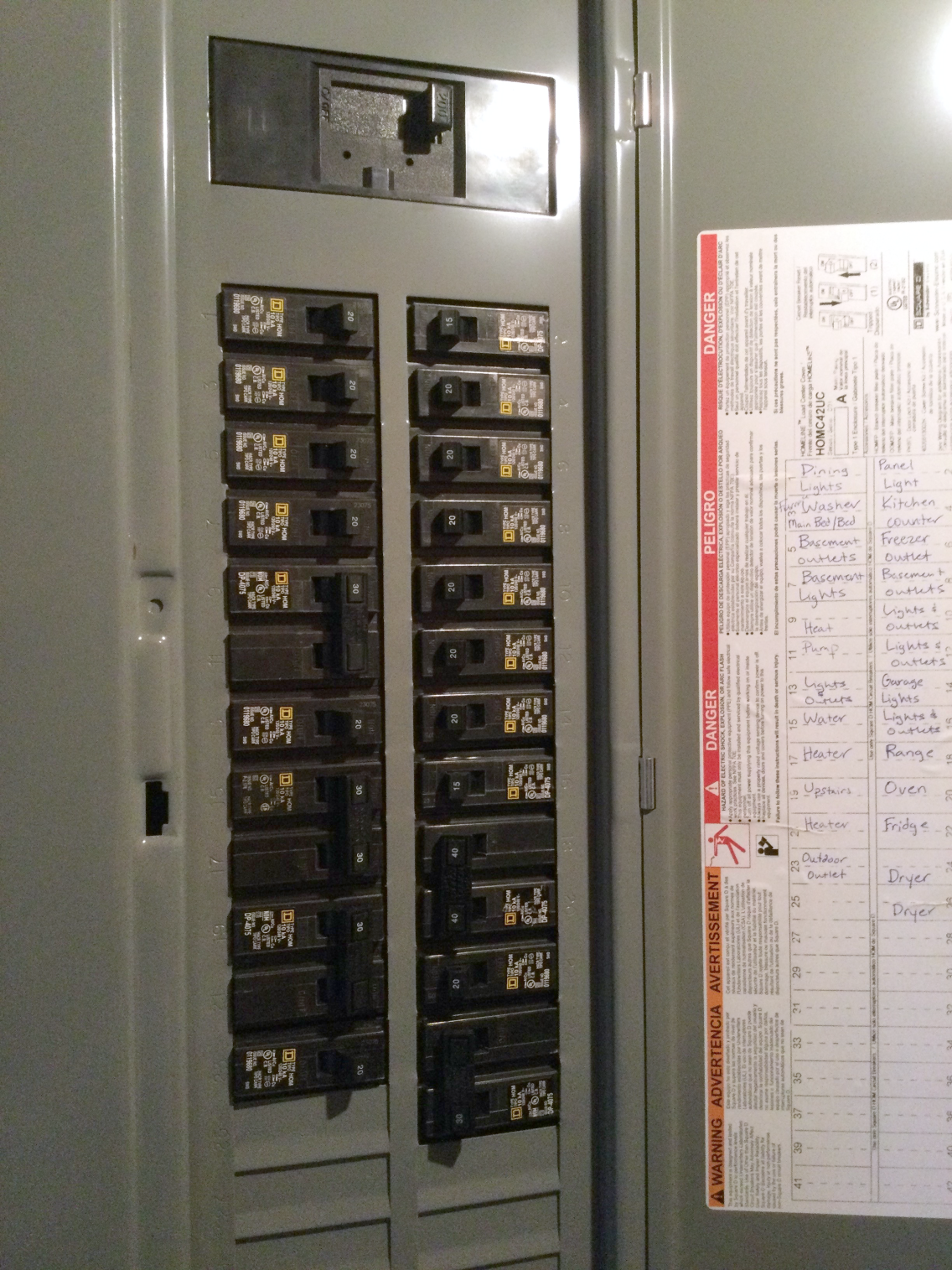
While modern homes have been equipped with circuit breaker-style electrical panels for decades, many older homes may still have screw-in fuse panels that were commonplace from the early-to-mid 20th century. Jeannie Feickert’s home in Leola was one such home.

“My home was built in 1928. The electrical panel had fuses, but I didn’t have a cover for the panel,” said Jeannie. “I haven’t had to replace many fuses over the years, but when I did it was sometimes hard to know which fuse to use.”
That's when I got really concerned.
Her daughter, Dee Sleep, said she hadn’t given much thought to her mom’s electrical situation until a power surge hit her home a few years ago.
“It blew out most of her light bulbs, DVD player, refrigerator, and many other items,” said Dee. “Her insurance covered these items, but it made me look more closely at her fuse panel. That’s when I got really concerned.”
Dee learned that old fuses wear out over time, can’t handle as much electrical load, and can increase the risk of fire. But she knew her mom’s limited income would make it difficult to make this much-needed repair.
“I only have my social security income. No savings, no 401k,” said Jeannie. “It was over $4,200 to replace the panel, which would have taken me years to pay off.”
Dee was searching online for programs to assist elderly homeowners with repairs when she found USDA Rural Development’s Home Repair Program.
“I thought a grant might be able to help her mom with this much-needed improvement, and she likes to do business in person, so having staff in Aberdeen was very helpful,” said Dee.
Jeannie reached out to Rural Development’s Single Family Housing program and was put in touch with Roxanne Woodring in Aberdeen and Cheryl Pesicka-Chapman in Rapid City to begin her application.
“Our home repair loans and grants are a great way for very low-income homeowners to make health and safety repairs,” said Cheryl. “Jeannie’s project and limited income both fit well within our grant program. She was quick to provide the required documents and was very easy to work with.”
Jeannie found Sam Aman, a local contractor from Eureka, who could complete the upgrade.
“Sam was so nice to work with,” said Jeannie. “He was able to replace the panel while I was visiting my daughter in Rapid City, so by the time I came home, all the work was done.”
I'm so glad I did it.
Jeannie said she is grateful for the Rural Development team and the attention to detail by Cheryl and Roxanne.

“Cheryl was communicating with me very often, telling me what was going on and where it was in the process,” said Jeannie. “It’s an awesome program and I’m so glad I did it.”
Dee is thankful for the financial support to replace her panel. “I feel much better with her having the new panel and it makes it a little easier for me to sleep at night knowing she has some safeguards in place,” said Dee.
The Home Repair Loans and Grants program provides loans to very-low-income homeowners to repair, improve or modernize their homes or grants to elderly, very-low-income homeowners to remove health and safety hazards. To see if you qualify, contact our Single Family Housing program team by email at SFHDirectSD@USDA.Gov or call (605) 352-1100.

